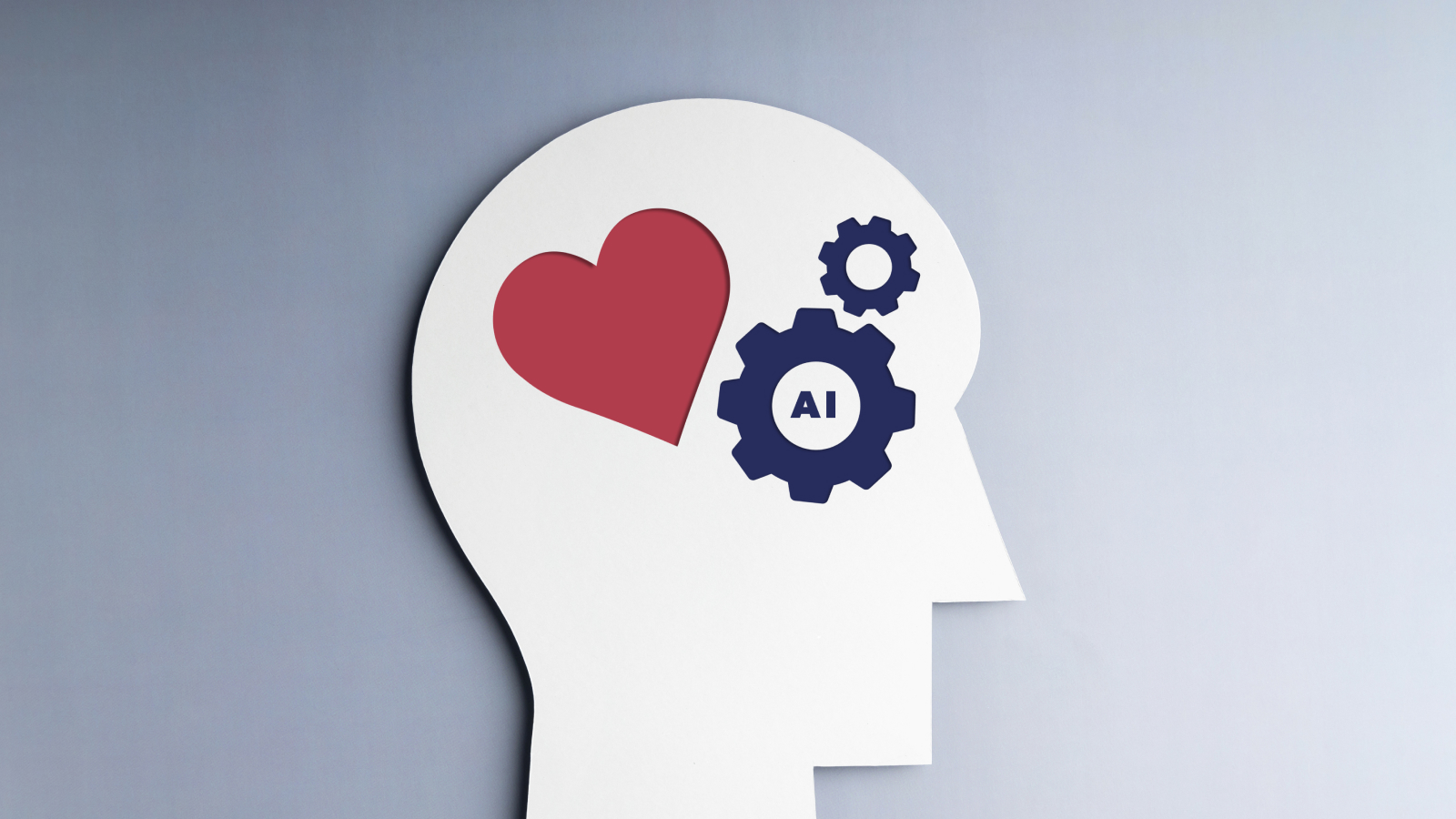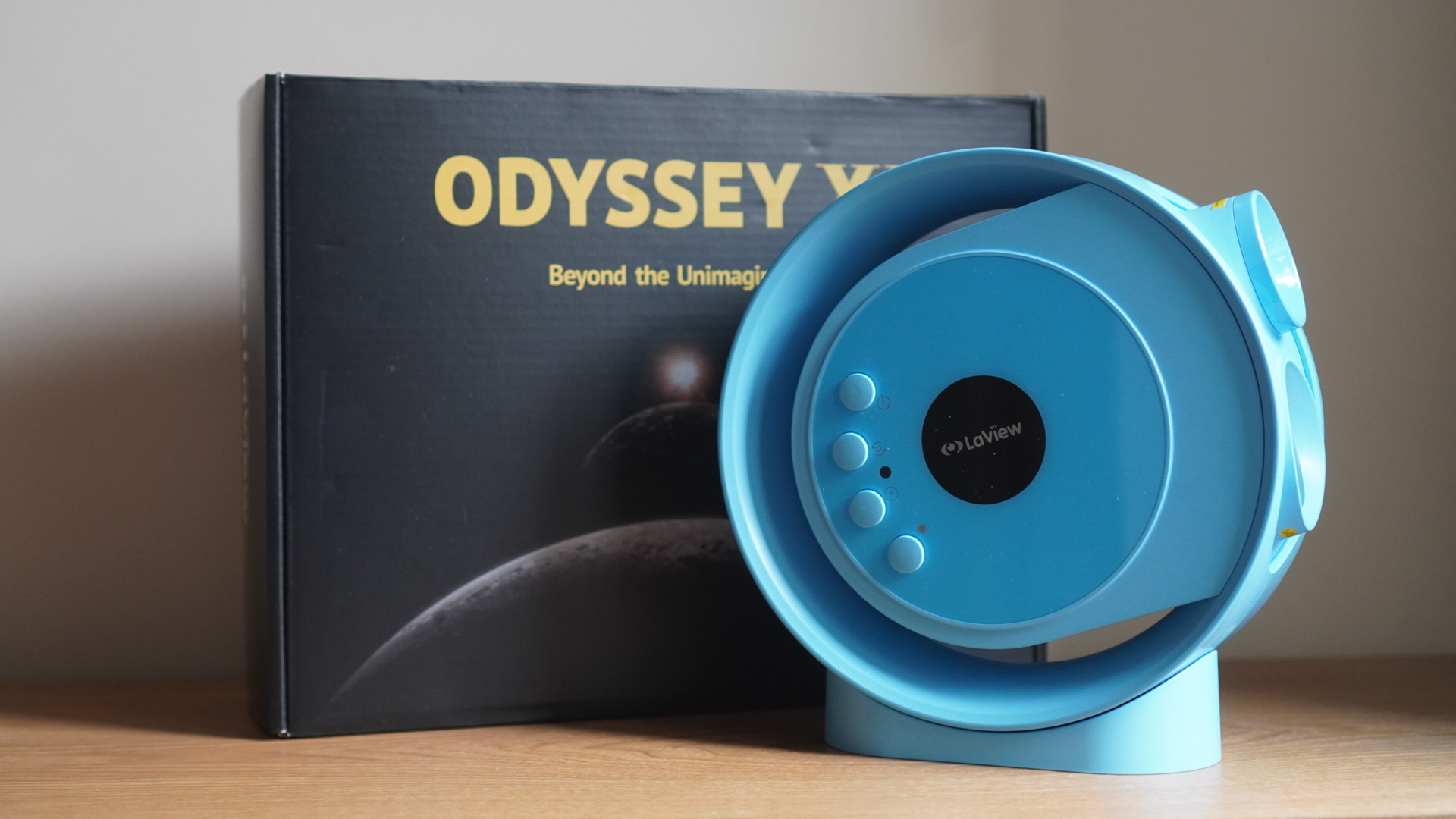New study claims AI 'understands' emotion better than us — especially in emotionally charged situations
Common AI models outperformed humans on emotional intelligence in a recent study, but experts caution us to look beyond the headline.

In what seems like a further blow to a capability in which we thought computers would never outdo us, scientists now suggest AI understands emotions better than we do.
Scientists have found that AI understands emotions better than we do — scoring much higher than the average person at choosing the correct response to diffuse various emotionally-charged situations
In a new study published 21 May in the journal Communications Psychology, scientists from the University of Geneva (UNIGE) and the University of Bern (UniBE) applied widely-used emotional intelligence (EI) tests (STEM, STEU, GEMOK-Blends, GECo Regulation and GECo Management) to common large language models (LLMs) including ChatGPT-4, ChatGPT-o1, Gemini 1.5 Flash, Claude 3.5 Haiku, Copilot 365 and DeepSeek V3.
They were investigating two things: firstly, comparing the performance of AI and human subjects, and secondly, the ability to create new test questions that adhere to the purposes of EI tests.
By studying validated human responses from previous studies, the LLMs selected the "correct" response in emotional intelligence tests 81% of the time, based on the opinions of human experts, compared to 56% for humans.
When ChatGPT was asked to create new test questions, human assessors said these efforts stood up to the original tests in terms of equivalent difficulty and clearing the perception they weren't paraphrasing original questions. The correlation between the AI-generated and original tests were described as “strong”, with a correlation coefficient of 0.46 (where 1.0 refers to a perfect correlation and 0 refers to no correlation).
The overall conclusion was that AI is better at "understanding" emotions than us.
Get the world’s most fascinating discoveries delivered straight to your inbox.
The deeper story
When Live Science consulted several experts, a common theme in their responses was to keep the methodology firmly in mind. Each of the common EI tests used was multiple choice — hardly applicable to real-world scenarios in which tensions between people are high, they pointed out.
“It’s worth noting that humans don’t always agree on what someone else is feeling, and even psychologists can interpret emotional signals differently,” said finance industry and information security expert Taimur Ijlal. “So ‘beating’ a human on a test like this doesn’t necessarily mean the AI has deeper insight. It means it gave the statistically expected answer more often.”
The ability being tested by the study isn't emotional intelligence but something else, they added. “AI systems are excellent at pattern recognition, especially when emotional cues follow a recognizable structure like facial expressions or linguistic signals, “said Nauman Jaffar, Founder and CEO of CliniScripts—an AI-powered documentation tool built for mental health professionals. “But equating that to a deeper ‘understanding’ of human emotion risks overstating what AI is actually doing.”
Quizzes in structured, quantitative environments — rather than an appreciation of the deeper nuance that true emotional understanding requires — are where AI shines, and some experts pointed out one crucial point: that AI performs better on tests about emotional situations not in the heat of the moment — the way humans experience them.
Jason Hennessey, founder and CEO of Hennessy Digital — who has spent years analyzing how search and generative AI systems process language — equates the study to the Reading the Mind in the Eyes Test. This is a common tool to gauge a subject's emotional state and one AI has shown promise in. But as Hennessey said, when variables as routine as the lighting in the photo or cultural context changes in such tests, "AI accuracy drops off a cliff."
Overall, most experts found the claim AI "understands" emotions better than humans to be a bit of a stretch.
"Does it show LLMs are useful for categorizing common emotional reactions?" said Wyatt Mayham, founder of Northwest AI Consulting. "Sure. But it's like saying someone's a great therapist because they scored well on an emotionally themed BuzzFeed quiz."
But there’s a final caveat, with evidence that even though AI is using pattern recognition rather than true emotional understanding, it has outperformed humans at identifying and responding to emotional states in at least one example.
Aílton, a conversational AI used by over 6,000 long-haul truck drivers in Brazil, is a multimodal WhatsApp assistant that used voice, text and images, and its developer, Marcos Alves CEO & Chief Scientist at HAL-AI, says Aílton identifies stress, anger or sadness with around 80% accuracy - about 20 points above its human counterparts, all in context within emotional situations as drivers interact with it in real time.
In one case, Aílton responded quickly and appropriately when a driver sent a distraught 15 second voice note after a colleague’s fatal crash, replying with nuanced condolences, offering mental-health resources and automatically alerting fleet managers.
“Yes, multiple-choice text vignettes simplify emotion recognition,” Alves said. “Real empathy is continuous and multimodal. But isolating the cognitive layer is useful. It reveals whether an LLM can spot emotional cues before adding situational noise.”
He added the ability of LLMs to absorb billions of sentences and thousands of hours of conversational audio means it can encode micro-intonation cues humans often miss. “The lab setup is limited,” he said of the study, “but our WhatsApp data confirms modern LLMs already detect and respond better than most people, offering scalable empathy at scale.”
Editor's note: This article was updated at 3:00 a.m. EST on July 29 to correct the name and link of Northwest AI Consulting.
Drew is a freelance science and technology journalist with 20 years of experience. After growing up knowing he wanted to change the world, he realized it was easier to write about other people changing it instead. As an expert in science and technology for decades, he’s written everything from reviews of the latest smartphones to deep dives into data centers, cloud computing, security, AI, mixed reality and everything in between.
You must confirm your public display name before commenting
Please logout and then login again, you will then be prompted to enter your display name.
 Live Science Plus
Live Science Plus






